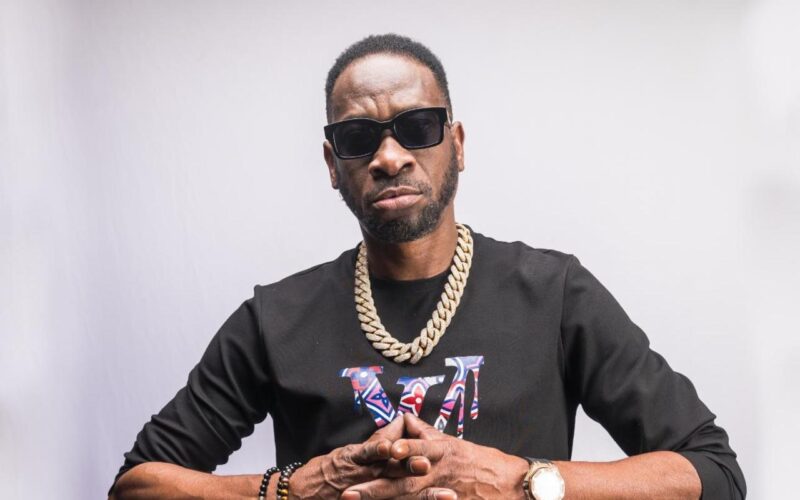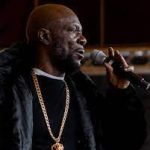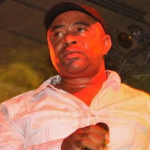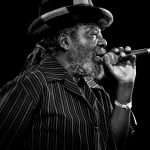Bounty Killer

Bounty Killer Biography
The Life and Legacy of Bounty Killer
Reggae and dancehall music have long been a defining part of Jamaican culture. Few artists have embodied these genres as vividly as Bounty Killer. Known for his aggressive style and potent lyrics, Bounty Killer has made an indelible mark on the music industry. He is recognized both in Jamaica and internationally. This biography explores the life and career of the man behind the music. From his humble beginnings to his rise as a dancehall icon.
Early Life and Influences
Bounty Killer was born Rodney Basil Price on June 12, 1972, in the Kingston ghetto of Trenchtown, Jamaica. As one of nine children, Rodney’s early years were marked by poverty and hardship. His family relocated to Riverton City, an area built on a former city dump. Later they moved to Seaview Gardens, another impoverished neighborhood. Despite these challenges, Rodney was surrounded by music from a young age. His father owned a small sound system, which sparked Rodney’s interest in DJing.
At just nine years old, Rodney began experimenting with DJ chatting, an early indication of his future career. However, at 14, his life nearly took a tragic turn. He was hit by a stray bullet during a gun battle between rival political factions. Miraculously, he survived and went on to channel his experiences into his music.
The Birth of Bounty Killer
Rodney’s journey into the music world began under the moniker “Bounty Hunter.” He performed with local sound systems such as Metromedia, Bodyguard, and Stereo Two. His persistence paid off when he met Uncle T, the brother of renowned producer King Jammy. Uncle T helped him produce his first recordings in 1990.
In 1992, Rodney adopted the name Bounty Killer, marking a new chapter in his career. His confrontational and gritty lyrics quickly gained attention, and he released a series of hit singles. These included “Copper Shot” and “Spy Fi Die”. These tracks showcased his unique style and solidified his reputation in the dancehall scene.
Rise to Fame
Bounty Killer’s debut album, Jamaica’s Most Wanted, was released in 1993. It featured some of his early hits and was later reissued internationally as Roots, Reality, and Culture. Around this time, a lyrical rivalry with fellow dancehall artist Beenie Man began. It captured the attention of fans and media alike.
As the Jamaican government began cracking down on violent lyrics, Bounty Killer expanded his repertoire. He included more socially conscious themes. Songs like “Down in the Ghetto” demonstrated his ability to comment on the struggles of inner-city life. His versatility and authenticity resonated with audiences. This led to a series of successful releases, including “Searching” with Sanchez and “Cellular Phone.”
International Success
In 1996, Bounty Killer released My Xperience. This double album became his defining work. The album featured collaborations with American hip-hop stars such as the Fugees, Busta Rhymes, and Raekwon. It also included reggae legends like Barrington Levy. The single “Hip-Hopera” charted in the U.S., and the album’s success showcased Bounty Killer’s crossover appeal.
Following this, he released Ghetto Gramma’ in 1997 and Next Millennium in 1998. This further cemented his status as a global reggae and dancehall icon. Next Millennium included collaborations with hardcore New York hip-hop artists, reflecting Bounty Killer’s ability to bridge musical genres.
Continued Influence and Legacy
Despite controversies, including a backlash from the homophobic dancehall community over his appearance in No Doubt’s “Hey Baby” video, Bounty Killer continued to thrive. In 2002, he released the ambitious Ghetto Dictionary set. It was nominated for a Grammy Award for Best Reggae Album. His collaborations with international artists, like Swizz Beatz, showcased his enduring influence and adaptability.
Conclusion
Bounty Killer’s journey from the streets of Kingston to international stardom is a testament to his talent, resilience, and authenticity. His music, characterized by its raw energy and social consciousness, has left a lasting impact on reggae and dancehall genres. As a pioneer who has successfully navigated the crossroads of reggae and hip-hop, Bounty Killer remains a formidable figure in music, inspiring new generations of artists around the world. His legacy is not just in his music but also in his ability to give voice to the struggles and triumphs of his community.












